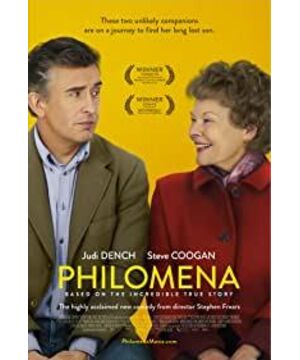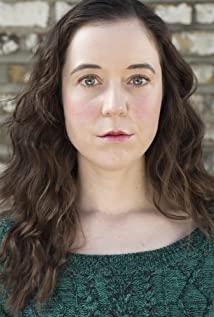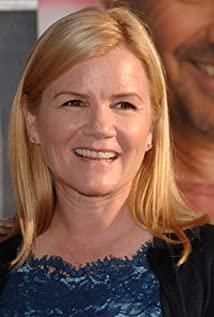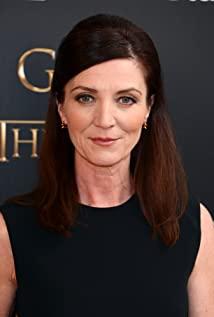And Judi Dench, this old drama bone, is too classic. Her highly layered performance shows the audience the entire process of a religious person's self-redemption in a nuanced way. Throughout the film, there is no close-up of Philomena's tears (she was crying alone in the shadow of the hotel balcony when she learned the news of her son's death). Lomina, more of the love, joy, sadness, and even relief from the loving mother who finally saw her son, still had no tears. And finally, in front of Anthony's tombstone, the camera shows Philomena a line of old tears running down her left eye, and that's exactly what she said to the old nun after the shocking "I forgive you" .
So in the end, I would like to give a big thumbs up to the writer. The narrative of this story is too classic. From the Irish-American-Ireland child search cycle to Philomena’s introduction of the novel content to Martin at the beginning and end, it forms a complete circle (this spiral process is related to Philomena’s self-salvation process). The process constitutes isomorphism, which is also a typical thinking style of Western religious philosophy). The insertion of the video clips and even the key point of the film's turning point plays an ingenious role in the screenwriter's structure and in controlling the rhythm. And all of the above were created on the basis of a true story, so there is still a problem of adapting to the constraints of the prototype and properly interpreting the core of the story. He Yu and He Duo, the extraordinary skill of the screenwriter can be seen in the choice. Won the best screenplay award at the Venice Film Festival.
PS: Anna Maxwell Martin, who plays Philomena's daughter in the film, is also the role of Susan, the soul of the British drama "Bletchley Group". I like this actor very much.
Four and a half stars
View more about Philomena reviews











